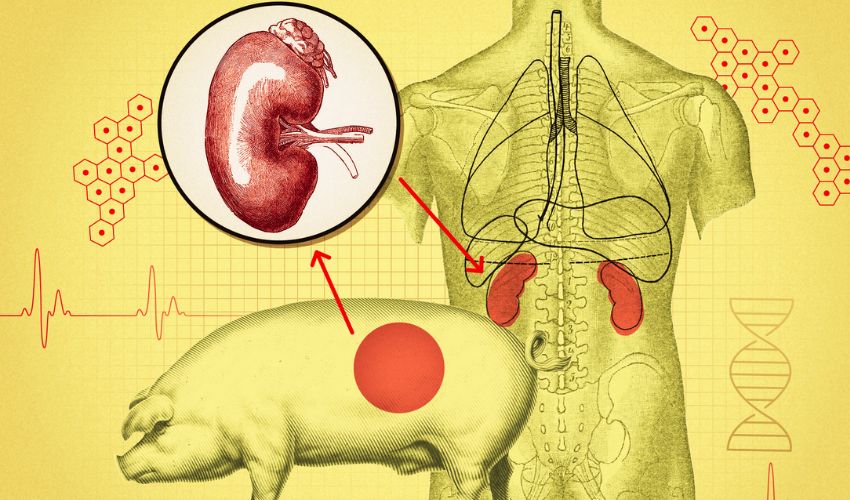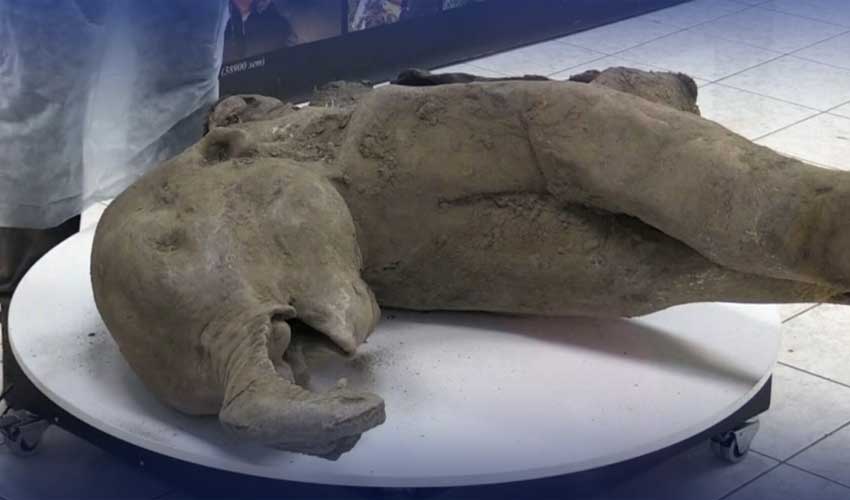Organ transplantation has long been a beacon of hope for individuals suffering from life-threatening conditions. However, the shortage of available organs has been a persistent challenge.
Scientists and surgeons have embarked on a groundbreaking journey into xenotransplantation, a field of research that explores the potential of using genetically modified pigs as organ donors for humans.
This article delves into the latest developments in xenotransplantation, where surgeons recently transplanted a pig kidney into a brain-dead patient, setting a record and raising exciting prospects for the future of organ transplantation.
The 61-day experiment
In a remarkable medical experiment, a team of surgeons successfully transplanted a genetically modified pig kidney into a brain-dead patient.
This achievement marked a significant milestone in the world of xenotransplantation, as the organ survived for an unprecedented 61 days within the human recipient.
Spearheaded by Dr. Robert Montgomery, director of the New York University Langone Transplant Institute, the surgery provided valuable insights into the viability of pig-to-human organ transplants.
Cross-species transplants
This procedure is part of a growing field of research dedicated to advancing cross-species transplants.
Scientists are primarily conducting these experiments on bodies generously donated for scientific purposes.
The need for such research becomes evident when considering the staggering statistics: in the United States alone, 88,000 people are in dire need of kidney transplants. With these figures in mind, the potential of xenotransplantation becomes all the more significant.
Dr. Robert Montgomery, who has previously performed five xenotransplants, including the world's first genetically modified pig kidney transplant in September 2021, expressed optimism about the future.
He noted that the two months of close observation and analysis during the recent surgery provided valuable knowledge.
The team's success in preventing immediate rejection by modifying the pig's genes, particularly the alpha-gal biomolecule responsible for triggering human antibodies, holds great promise for organ transplantation.
Revivicor's contribution
The donor pig used in this experiment was sourced from a meticulously cultivated herd by Revivicor, a biotech company based in Virginia.
Interestingly, the Food and Drug Administration (FDA) has also approved this pig herd as a meat source for individuals hypersensitive to the alpha-gal molecule, an allergy often caused by tick bites.
Unlike cloning, these pigs are bred, making the process more scalable and efficient.
Why Pigs?
While early xenotransplantation research focused on primates, pigs have emerged as the preferred candidates for organ donors due to several advantages.
Their organ size, rapid growth, large litters, and existing role as a food source make them ideal candidates for human transplantation.
Recent breakthroughs, such as the pig-to-human heart transplant in January 2022, have highlighted both the potential and challenges of this approach.
Notably, there are ethical concerns surrounding pig-to-human xenotransplants, particularly when human cells are found in the pigs' brains, as demonstrated in recent Chinese research involving hybrid pig-human kidneys in pig embryos.



























